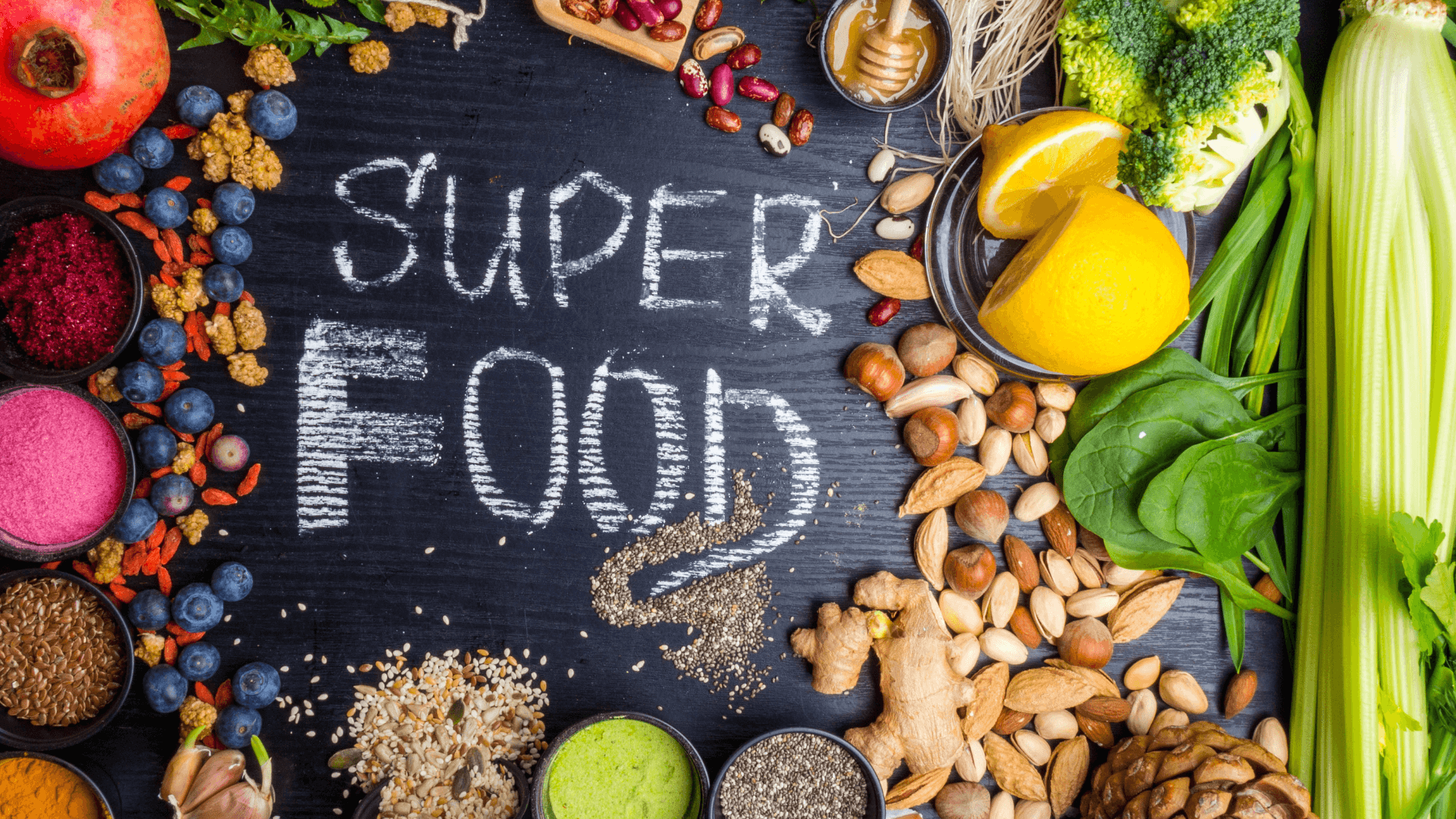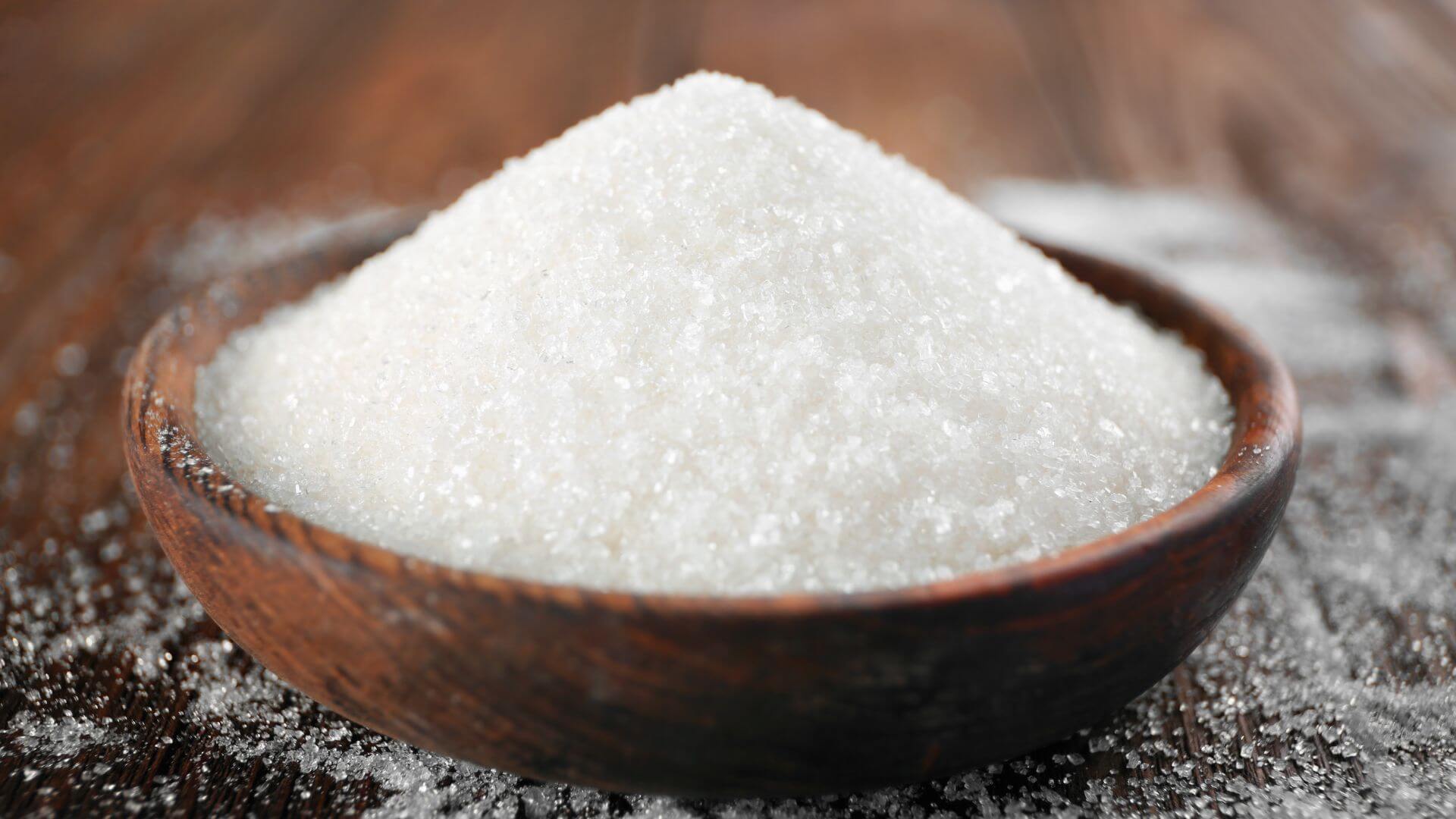You are must probably thinking about the environmental impact of green nutrition which lead you to this blog post.
In recent years, the global community has become acutely aware of the pressing issues of climate change. This includes biodiversity loss, and dwindling natural resources.
Energy consumption, transportation, and waste management often dominate environmental discussions. However, the profound impacts of our dietary choices are sometimes overshadowed.
This article dives into the environmental implications of “green nutrition”. It also highlights how the very act of eating can be a significant determinant of our planet’s health.
Green Nutrition: A Brief Overview
Green nutrition focuses on a diet that’s not only beneficial to human health but also sustainable and minimally detrimental to the environment. This means opting for foods that are grown. Foods produced, and consumed with the least environmental impact. Examples include locally-sourced produce, plant-based diets, and organic farming practices.
The Carbon Footprint of Your Plate
- Livestock Production: The agricultural sector accounts for about a quarter of global greenhouse gas emissions, with livestock being a major culprit. Cows, in particular, produce methane—a greenhouse gas 25 times more potent than carbon dioxide over a 100-year period. Therefore, a shift towards plant-based diets can significantly reduce one’s carbon footprint.
- Land Use and Deforestation: Meat production requires vast tracts of land, both for the animals and the crops that feed them. This has led to extensive deforestation, especially in the Amazon rainforest, which is often referred to as the “lungs of the Earth”.
- Transportation and Food Miles: The distance food travels from where it’s produced to where it’s consumed also affects its environmental footprint. Local consumption reduces transportation emissions and supports community growers.
Water Footprint and Food Choices
The water required to produce different foods can vary immensely. For instance, producing a kilogram of beef can use up to 15,000 liters of water, mainly due to the water-intensive feed crops cattle consume. In contrast, crops like lentils and beans require significantly less water. By making mindful choices about what we consume, we can reduce our water footprint.
Biodiversity and Our Diets
Monocropping, or the agricultural practice of growing a single crop over a large area, can be detrimental to biodiversity. Such practices often accompany high-demand foods in global supply chains. Diversifying our diets and supporting polycultural farming practices can help preserve natural ecosystems and protect endangered species.
Food Waste: A Silent Culprit
A third of all food produced is wasted, contributing to greenhouse gas emissions both in terms of production resources and decomposing waste. By minimizing food waste, we ensure that the resources used in food production aren’t squandered and that they serve their nutritional purpose.
Steps Towards a Greener Plate
- Adopt a Plant-Based Diet: This doesn’t necessarily mean becoming vegan or vegetarian, but reducing meat and dairy consumption can have substantial environmental benefits.
- Support Local and Organic Farmers: Buying local reduces transportation emissions, while organic farming is often more sustainable and biodiverse.
- Minimize Food Waste: Plan meals, store foods correctly, and use leftovers creatively.
- Diversify Your Diet: Embrace various fruits, vegetables, grains, and protein sources to support biodiversity.
- Educate and Advocate: Share knowledge about the environmental impact of food choices and support policies that promote sustainable agriculture.
In Conclusion
As we have discussed the environmental impact of green nutrition, you will no doubt agree, that the path to a healthier planet can start right on our plates.
By adopting green nutritional habits, we have the power to influence global food systems, reduce our environmental footprint, and foster a more sustainable future.
As we face unprecedented environmental challenges, every meal becomes an opportunity to vote for a better world.





